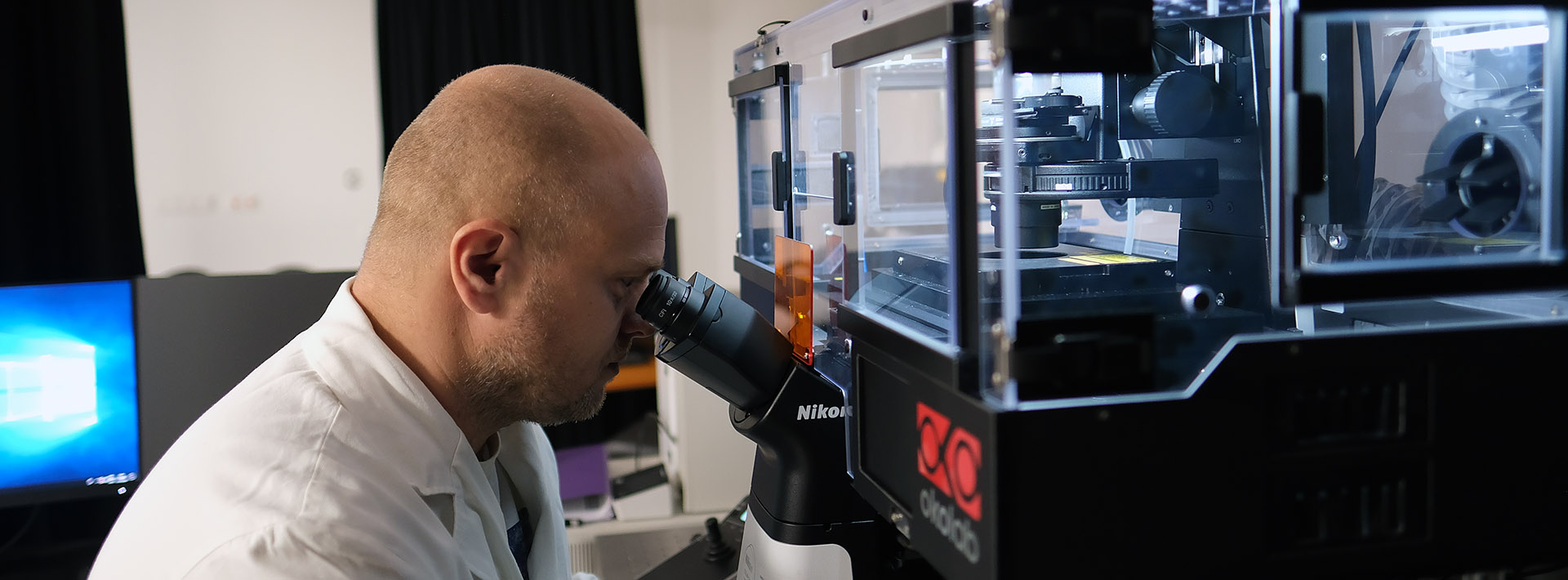Data
Official data in SubjectManager for the following academic year: 2023-2024
Course director
-
László Zoltán PÉCZELY
associate professor,
Institute of Physiology -
Number of hours/semester
lectures: 12 hours
practices: 0 hours
seminars: 0 hours
total of: 12 hours
Subject data
- Code of subject: OXFGD2-z-T
- 1 kredit
- Dentistry
- Optional modul
- spring
-
Course headcount limitations
min. 5 – max. 15
Available as Campus course for 5 fő számára. Campus-karok: ÁOK
Topic
The course aims to introduce students to the fundamental principles and complexities of human thought. Using a holistic approach, the course will explore the related problems of how correct inference and cognition are possible, applying the tools and results of philosophy, mathematics and neuroscience. Human thinking is based on similarity, analogy, which is the basis of the concepts of differential diagnosis and differential therapy in the field of medicine. In both clinical practice and research, the correct inference and the correct interpretation of data are very important in order to make possible what is perhaps the ultimate goal of science, successful prediction.
In the second semester, we will compare artificial and biological networks and their associated learning processes. We will examine the mind-brain problem, how the brain as a biological object and thinking can be related. We will briefly address the basic cognitive abilities that underlie the processes of thinking and cognition, and the adaptive and learning abilities of biological systems. At the end of the semester, we will briefly discuss the relationship between non-scientific thinking and the arts.
Lectures
- 1. Brain-mind problem. - Dr. Péczely László Zoltán
- 2. Hierarchically nested systems. - Dr. Péczely László Zoltán
- 3. Adaptation: regulation and learning. - Dr. Péczely László Zoltán
- 4. Similarities and differences between biological and artificial networks. - Dr. Péczely László Zoltán
- 5. Cognitive functions: perception, attention, decision-making, strategy, memory, thinking, - Dr. Péczely László Zoltán
- 6. Learning in biological systems I. - Dr. Péczely László Zoltán
- 7. Learning in biological systems II. - Dr. Péczely László Zoltán
- 8. Biological constraints on neural network models of cognitive function. - Dr. Péczely László Zoltán
- 9. Algorithms, randomness and prediction. - Dr. Péczely László Zoltán
- 10. Prediction and the brain. - Dr. Péczely László Zoltán
- 11. Is only scientific thinking possible? Thinking as poetry. - Dr. Péczely László Zoltán
- 12. Thinking and art. - Dr. Péczely László Zoltán
Practices
Seminars
Reading material
Obligatory literature
Literature developed by the Department
lecture slides
Notes
Recommended literature
Peter Norvig, Stuart J. Russell: Artificial Intelligence: A Modern Approach
Conditions for acceptance of the semester
Maximum of 25 % absence allowed
Mid-term exams
Peter Norvig, Stuart J. Russell: Artificial Intelligence: A Modern Approach
Making up for missed classes
not necessary
Exam topics/questions
Are the same as lecture topics.
